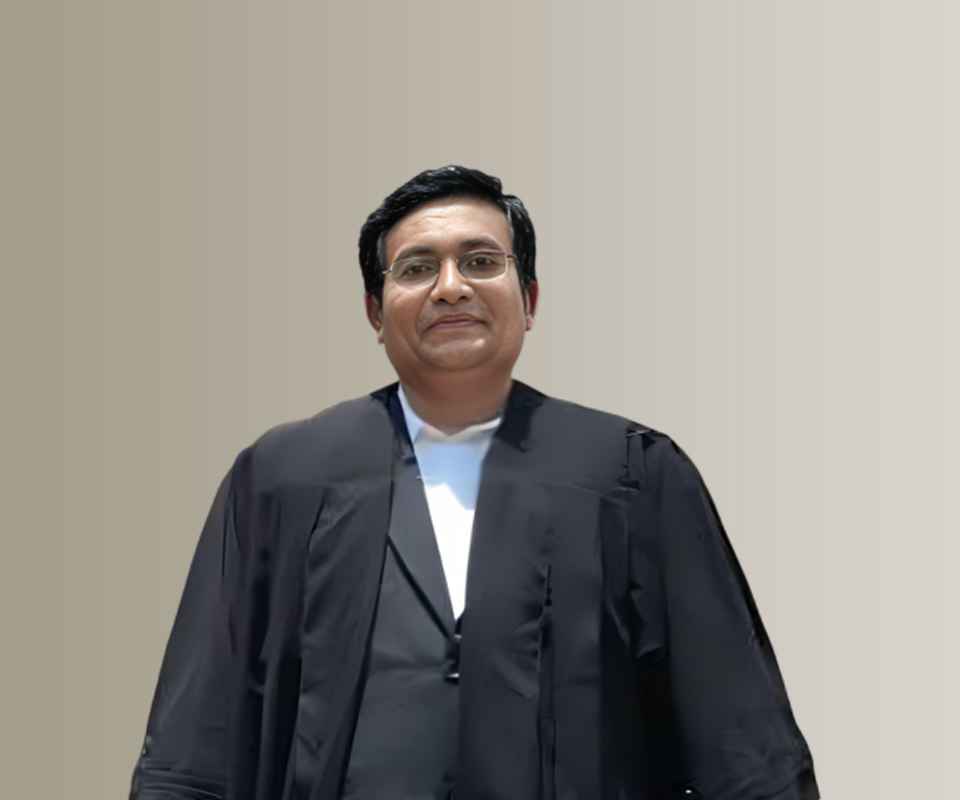Answer By law4u team
Public speaking events, such as school debates, speech competitions, or other presentations, are crucial for a child’s personal development. These activities not only boost their confidence but also help them develop communication, leadership, and critical thinking skills. For parents who share custody, it can be important to determine how they will both be involved in these key milestones.
Incorporating a system of rotating attendance or supervision of such events in a custody agreement can help ensure that both parents are present and supportive. By clearly defining roles and responsibilities, parents can avoid conflicts, maintain consistency in their involvement, and provide the child with the assurance that both are equally invested in their growth and achievements.
Measures for Rotating Public Speaking Event Supervision
- Rotating Event Supervision
A custody agreement can specify that the responsibility for attending or supervising public speaking events will rotate between both parents. For instance, one parent may attend a school debate, while the other attends a speech competition. This approach ensures that both parents are actively involved in important events without one feeling left out. - Clear Scheduling
To avoid scheduling conflicts, the custody plan can include a process for both parents to review and agree on event dates in advance. Parents can work together to mark these events on a shared calendar, ensuring they both have the opportunity to attend and provide support. This also helps in managing any overlapping commitments that may arise. - Flexibility Based on Availability
While rotating attendance is an ideal solution, there may be times when one parent is unavailable due to work or other obligations. In these cases, the custody agreement can allow for flexibility. For example, if one parent cannot attend, the other may step in without penalty, ensuring that the child still has support during these events. - Involvement Beyond Attendance
Supervising public speaking events doesn’t always have to mean physically attending the event. The custody agreement could also involve behind-the-scenes support, such as helping the child practice their speech or assisting with the preparation process. This shared responsibility can be rotated as well, with one parent helping with practice sessions before the event, and the other attending the event itself. - Communication and Consent
It is important for parents to communicate openly and regularly about the child’s upcoming events. If an event requires preparation outside of the typical custody schedule, both parents should agree on who will provide transportation, support, or supervision, and under what terms. - Role of Extended Family Members
In some cases, grandparents or other close family members may wish to attend or support the child during public speaking events. The custody agreement could allow for these family members to step in, provided both parents are in agreement. This ensures that the child’s extended support system is utilized without causing confusion in parental responsibilities. - Emotional and Moral Support
Public speaking can be an intimidating experience for children, especially when they’re first starting out. The custody agreement can emphasize the importance of both parents providing emotional encouragement before and after events, whether or not they are physically present. This can include phone calls, text messages, or other forms of support that help the child feel confident and appreciated.
Common Challenges in Rotating Public Speaking Event Supervision
- Conflicts Over Scheduling
The biggest challenge in rotating public speaking event supervision may be scheduling conflicts. Public speaking events, especially school-related ones, may be scheduled last minute or conflict with other activities. To mitigate this, parents can set clear guidelines for how to handle scheduling conflicts, such as agreeing to compromise or finding alternative ways for the absent parent to support the child. - Unequal Parental Involvement
One parent may feel that the rotation isn’t balanced, particularly if the child’s events are concentrated on one parent’s scheduled time. The custody plan can include provisions to adjust for an equal distribution of events, so one parent is not overwhelmed with attending too many or too few events. - Geographical Distance
If the parents live in different locations, attending the same event may not always be feasible. The custody agreement can address this by specifying how transportation to events will be managed, especially when events are held in different locations. Parents may need to coordinate travel plans or agree that the parent closest to the event will attend. - Emotional Tensions Between Parents
There can be times when one parent may feel hurt or disappointed if they are unable to attend a significant event. The custody agreement should encourage regular communication and emotional support, ensuring that both parents feel valued in their involvement, even if they cannot attend every event. - Child’s Preference
The child may have their own preferences regarding which parent they want to attend certain events. This is especially common with younger children who may have a closer bond with one parent. Custody agreements can address this by including a flexible system where the child’s preferences are taken into account while balancing the parental rotation.
Example
- Scenario:
Sophie and Alex have a 12-year-old daughter, Mia, who is preparing for a school-wide public speaking competition. Both Sophie and Alex want to support Mia, but they are unsure how to divide their time so that both are involved without causing tension or conflict.
Steps to Address:
- Rotating Attendance:
Sophie and Alex agree to rotate attending Mia’s public speaking events. Sophie will attend the first round of the competition, while Alex will attend the final round. - Communication and Scheduling:
To ensure they both stay informed, Sophie and Alex mark the dates of Mia’s events on a shared calendar and discuss the schedule every month to prevent conflicts. - Preparation Support:
Both parents agree to take turns helping Mia prepare for her speeches. Sophie will assist with practice sessions a week before the event, and Alex will help with rehearsals the day before the competition. - Emotional Encouragement:
Sophie and Alex also agree to provide emotional support to Mia, regardless of who attends the event. They will both give Mia pep talks and encourage her through text messages or phone calls before and after the event. - Extended Family Involvement:
Mia’s grandparents express interest in attending one of the events. Sophie and Alex agree that the grandparents can attend, as long as Mia feels comfortable with it, further broadening her support system.
By rotating supervision of Mia’s public speaking events, Sophie and Alex ensure that they are both equally involved in her growth and development, offering her the emotional and practical support she needs while avoiding potential conflicts about scheduling or involvement.







